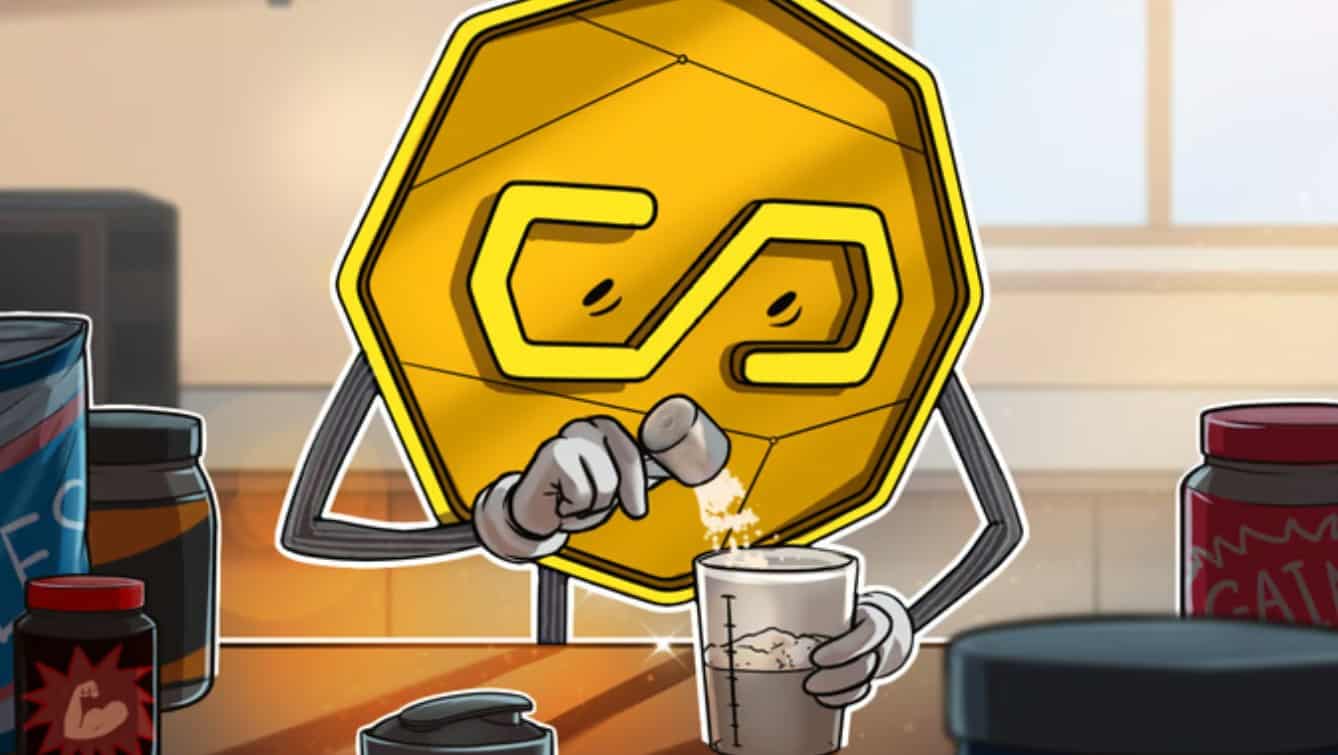
As Bitcoin BTC
The CryptoQuant founder presented the current Bitcoin-to-Stablecoin Exchange Reserve Ratio — a metric that measures Bitcoin reserves on exchanges compared to stablecoins — which indicates there is approximately six times as much BTC held on exchanges as stablecoins.
According to Ju, stablecoin reserves accounted for $30 billion in value during September 2021. Currently, the entire stablecoin market capitalization is roughly $166 billion. However, only 21% of these stablecoins are held on exchanges for trading purposes — a far cry from 2021 when over 50% of the total stablecoin supply was held on exchanges.
The CryptoQuant CEO argued that while the stablecoin supply continues to grow, stablecoins are primarily used for purposes other than trading in the current market cycle.
Stablecoins as a store of value
Ki Young Ju noted the growing tendency for stablecoins to be used as a store of value or for remittances. According to Chainalysis, over 50% of the total remittances sent to Venezuela, Argentina, Brazil, Columbia, and Mexico in 2022-2023 were stablecoins used to store value.
This trend holds across all jurisdictions with high inflation, including Turkey — which Chainalysis identified as the population with the largest share of stablecoin purchases when measured against gross domestic product (GDP).
ETF flows and Coinbase USD liquidity will be crucial
Ju concluded that liquidity from digital asset exchange-traded funds and US dollar liquidity from Coinbase would be “Crucial” in propping up the markets over the next several months.
WonderFi CEO Dean Skurka recently made similar remarks and noted that strong ETF inflows signified solid and sustainable institutional interest in Bitcoin.
Skurka argued that this strong institutional interest, along with macroeconomic factors in the United States and Canada, would be positive price catalysts for the scarce decentralized asset.
